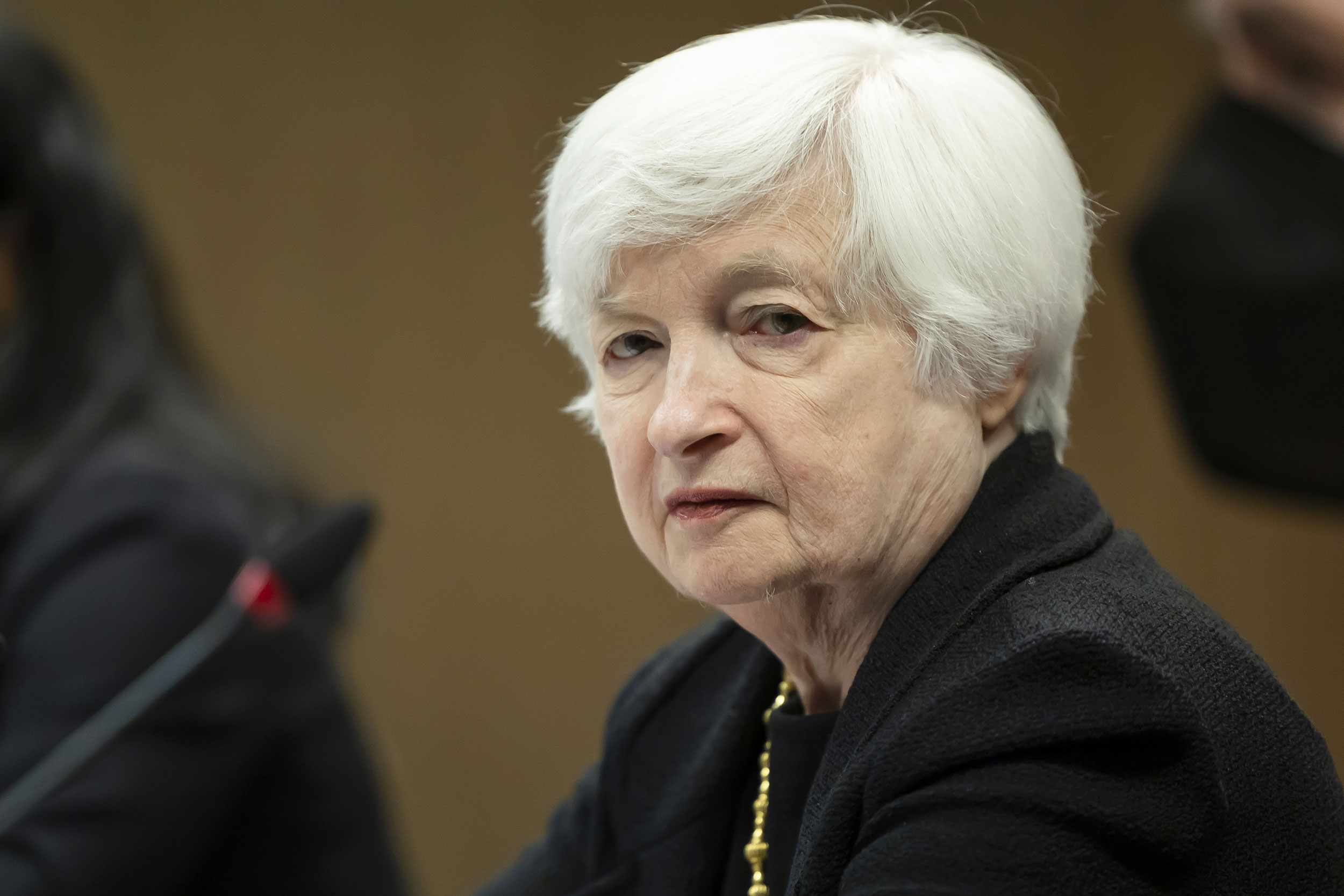US Debt Limit: Potential August Expiration Raises Concerns

Table of Contents
What is the US Debt Limit?
The US debt limit, also known as the debt ceiling, is a legally mandated limit on the total amount of money the US government can borrow to meet its existing obligations. It's not a limit on how much the government can spend; rather, it's a limit on how much the government can borrow to finance spending that has already been authorized by Congress. This is a critical distinction. The debt ceiling is separate from the federal budget deficit (the difference between government spending and revenue in a given year) and the national debt (the total accumulation of past deficits).
- Definition of the debt ceiling: A legal limit on the total amount of outstanding debt the US Treasury can hold.
- Historical context of debt limit increases: The debt limit has been raised or suspended numerous times throughout history, reflecting the evolving needs of the US government. However, the increasing frequency and political battles surrounding these increases have become a growing concern.
- Congressional role in raising the debt limit: Congress is responsible for raising the debt ceiling through a legislative process. This often becomes a political battleground, with disagreements between parties leading to delays and uncertainty.
Potential Consequences of Failing to Raise the Debt Limit
Failing to raise the debt ceiling before the projected August deadline would have severe consequences for the US economy and global financial stability. The most immediate consequence would be the inability of the US Treasury to pay its bills, leading to a potential default on US debt obligations.
- Credit rating downgrades: A default would almost certainly lead to a downgrade of the US credit rating, making it more expensive for the government to borrow money in the future. This would increase interest rates on government debt, impacting the entire economy.
- Increased interest rates: Higher borrowing costs for the government would translate to higher interest rates for businesses and consumers, potentially triggering a recession. The cost of mortgages, auto loans, and other forms of credit would increase.
- Market volatility: Uncertainty surrounding the debt ceiling often leads to significant market volatility. Investors may lose confidence in the US economy, leading to stock market declines and reduced investment.
- Potential impact on social security and other government programs: A failure to raise the debt ceiling could lead to delays or cuts in essential government programs, including Social Security and Medicare, impacting millions of Americans. This could cause widespread social and economic hardship. Government shutdowns are also a very real possibility.
Political Implications and the Path Forward
The political dynamics surrounding the debt ceiling debate are complex and often fraught with tension. Reaching a bipartisan agreement to raise the debt ceiling requires negotiation and compromise between the White House and Congress. The situation frequently becomes a bargaining chip in broader political negotiations.
- Bipartisan negotiations: Finding a solution requires bipartisan cooperation, which has become increasingly challenging in recent years. Compromise is essential to avoid a crisis.
- Potential short-term and long-term solutions: Short-term solutions, such as temporarily suspending the debt limit, only postpone the problem. Long-term solutions involve addressing underlying fiscal issues and finding a sustainable path to reduce the national debt.
- Role of the White House and Congress: Both the executive and legislative branches have a crucial role to play in finding a solution. Effective communication and willingness to compromise are vital.
Global Impact of a US Debt Default
A US debt default would have far-reaching global consequences, shaking confidence in the US dollar and triggering a chain reaction of economic instability worldwide.
- Impact on the US dollar: The US dollar's status as the world's reserve currency could be jeopardized, leading to a decline in its value and impacting global trade and finance.
- Ripple effects on global economies: A US default could trigger a global recession, as other countries heavily reliant on US Treasury bonds would face significant losses. The implications would be felt across the globe.
- Increased uncertainty in international trade: The uncertainty surrounding a US debt default would dampen global investment and trade, leading to slower economic growth and potential supply chain disruptions.
Conclusion
Failing to raise the US debt limit by August carries severe risks, potentially triggering a US debt default with catastrophic consequences for the US and global economies. The potential for credit rating downgrades, increased interest rates, market volatility, and disruptions to vital government programs is extremely high. Understanding the US debt limit and its implications is crucial. We must urge our elected officials to prioritize a responsible and timely solution. Stay informed about developments regarding the US debt limit, engage with your elected officials, and advocate for responsible fiscal policy to avoid this potential economic crisis. Understanding the intricacies of the US debt limit is critical in these uncertain times. Continue to monitor the situation and advocate for responsible fiscal policy.

Featured Posts
-
 Dakota Johnson Melanie Griffith And Siblings Attend Materialist Screening
May 10, 2025
Dakota Johnson Melanie Griffith And Siblings Attend Materialist Screening
May 10, 2025 -
 New Uk Visa Restrictions Concerns For Pakistan Nigeria And Sri Lanka Applicants
May 10, 2025
New Uk Visa Restrictions Concerns For Pakistan Nigeria And Sri Lanka Applicants
May 10, 2025 -
 Young Thugs Uy Scuti Album When Can We Expect It
May 10, 2025
Young Thugs Uy Scuti Album When Can We Expect It
May 10, 2025 -
 Pakistan Sri Lanka And Bangladesh A New Era Of Capital Market Collaboration
May 10, 2025
Pakistan Sri Lanka And Bangladesh A New Era Of Capital Market Collaboration
May 10, 2025 -
 Analysis Of Pam Bondis Reaction To James Comers Epstein Accusations
May 10, 2025
Analysis Of Pam Bondis Reaction To James Comers Epstein Accusations
May 10, 2025
